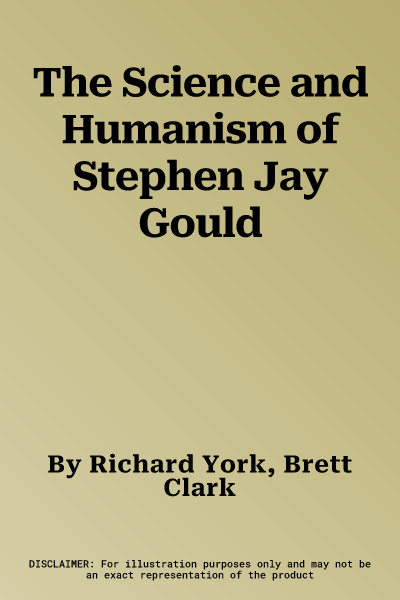Stephen Jay Gould was not only a leading paleontologist and evolutionary
theorist, he was also a humanist with an enduring interest in the
history and philosophy of science. The extraordinary range of Gould's
work was underpinned by a richly nuanced and deeply insightful
worldview.
Richard York and Brett Clark engage Gould's science and humanism to
illustrate and develop the intellectual power of Gould's worldview,
particularly with regard to the philosophy of science. They demonstrate
how the Gouldian perspective sheds light on many of the key debates
occurring not only in the natural sciences, but in the social sciences
as well. They engage the themes that unified Gould's work and drove his
inquires throughout his intellectual career, such as the nature of
history, both natural and social, particularly the profound importance
of contingency and the uneven tempo of change. They also assess Gould's
views on structuralism, highlighting the importance of the dialectical
interaction of structural forces with everyday demands for function, and
his views on the hierarchical ordering of causal forces, with some
forces operating at large scales and/or over long spans of time, while
others are operating on small scales and/or occur frequently or
rapidly.
York and Clark also address Gould's application of these principals to
understanding humanity's place in nature, including discussions of human
evolution, sociobiology, and the role of art in human life. Taken
together, this book illuminates Gould's dynamic understanding of the
world and his celebration of both science and humanism.

